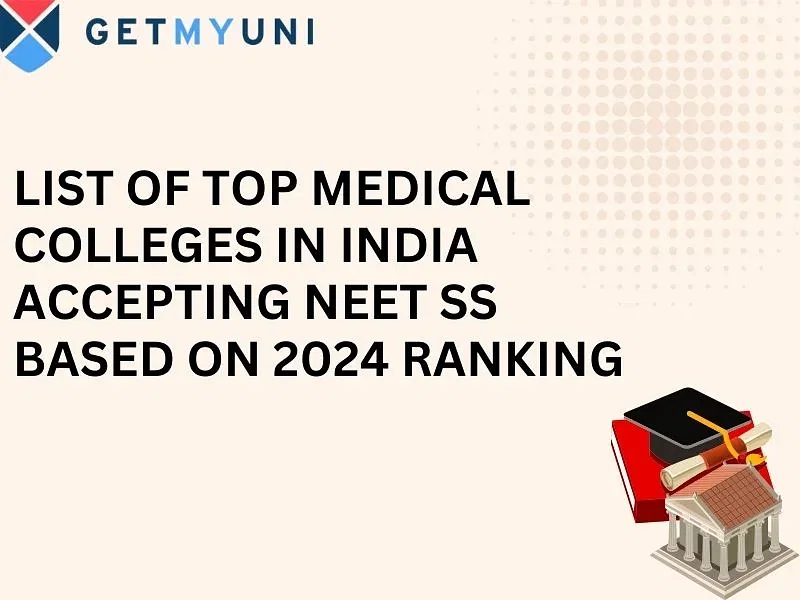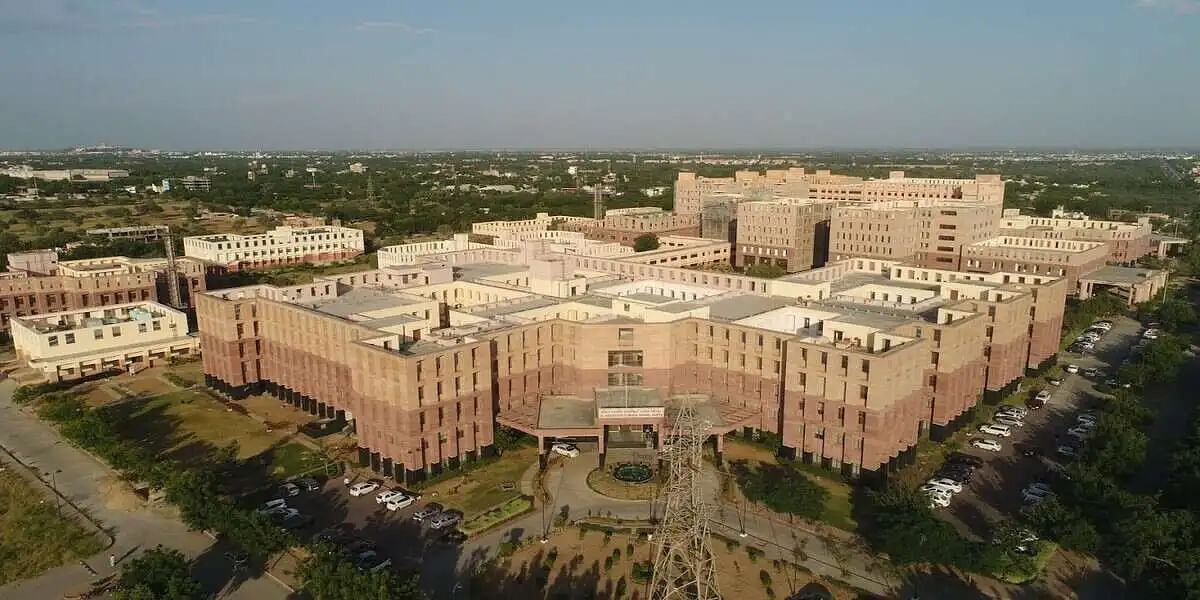Doctors should go for a Super Speciality degree becauseprovides professionals with a sturdy platform for advanced research. Super Speciality degree allows specialists to keep themselves up-to-date with the latest developments, which can be very beneficial for patients suffering from rare or uncommon diseases.
Considering Super Speciality degrees like DM and MCh help doctors gain knowledge in continuous advancement in the different medical fields like neurology, gastroenterology, oncology, nephrology, endocrinology, pulmonology, rheumatology, haematology, and more.
To be eligible for super speciality degrees, candidates need to have a medical degree like MBBS, a relevant postgraduate degree (MD or MS), clinical experience, and pass competitive entrance examinations like the NEET SS exam.
Furthermore, doctors are increasingly driven to super-speciality sectors for advanced clinical, training, and teaching experiences, as well as high salaries and profits. Super Speciality degrees aid in the provision of focused and comprehensive treatment in trauma and critical care, which can lead to positive clinical outcomes for patients.
What is a Super Speciality Degree?
Superspecialization equips specialists with a solid foundation for advanced research. Doctors with a Super Speciality degree are specialists to keep up with the latest advancements, which can be quite valuable for patients suffering from rare or uncommon disorders.
A doctor's super speciality degree is a high-level course that helps doctors gain advanced skill sets and knowledge in different medical fields such as cardiology, neurology, paediatrics, and more. The degree offers in-depth specialisation in different fields, like as cardiology doctors can further gain knowledge in interventional cardiology or electrophysiology.
To keep their certification and stay current with industry changes, super specialists must participate in continuous medical education (CME).
Read More: Diploma Courses in the Medical Field
Top 5 Reasons Why Doctors Should Consider a Super Speciality Degree
Listed below are the top 5 reasons why doctors should go for a super speciality degree:
Enhanced Career Opportunities
A super speciality degree enhances the career prospects of doctors as doctors gain specialised skills and knowledge sets. Doctors can gain access to leadership roles, private practice, and work as health consultants in private and government hospitals, and even in the WHO.
For example, if a doctor specialises in pediatric neurosurgery, they increase their earning potential and deal with complex cases that help in skill development.
Also Read: How to Become a Doctor in India?
Advanced Skill Development
Superspecialty degrees help doctors gain specific skill sets as per the specialisation chosen by them through clinical training, the use of technologies like robotic surgery tools, high-tech diagnostic imaging systems (MRI, PET scans), and more. DM and MCh courses help in continuous learning as new developments keep taking place in the medical field.
Professional Recognition and Prestige
Degrees like DM and MCh help doctors gain expert status that helps them build a professional network and recognition in the medical field. They are also awarded for their contribution to research and continued success in the medical field. Doctors gain access to speak at international conferences and showcase their development of new protocols and ability to handle complex cases.
Also Read: Doctorate Medical Courses
Opportunity to Contribute to the Medical Education Field
Doctors with a super speciality degree can contribute to the medical education field through teaching roles and mentorship in the form of career guidance, clinical mentorship, and personalised learning, and may also contribute to the development of national and international medical guidelines.
Superspecialist doctors can also conduct professional development workshops to help students understand advanced techniques, diagnostic methods, and patient management strategies.
Also Read: List of Top Medical Colleges in India Accepting NEET SS
Research Opportunities
Doctors with degrees like MCh and DM gain advanced research opportunities as they have in-depth expertise in the area. They can contribute to clinical trials by trial design and data analysis, developing innovative treatments, working on existing procedures, and offering patient care with cutting-edge technologies.
Superspecialist doctors have vast opportunities to publish research papers in medical journals and go to conferences for presentations.
Also Read: DM Jobs & Scope
Career Scope of a Super Speciality Degree
Listed below in the table are the top specialisations under DM and MCh with job roles, top recruiters, and average salary in India:
| Job Roles | Top Recruiters in India | Average Salary (INR) |
| Interventional Cardiologist, Cardiologist | Apollo Hospitals, Fortis Healthcare, Max Healthcare | INR 18 LPA - INR 30 LPA |
| Neurosurgeon, Spine Surgeon | AIIMS, Medanta, Narayana Health | INR 20 LPA - INR 35 LPA |
| Radiation Oncologist, Medical Oncologist | Tata Memorial Hospital, Rajiv Gandhi Cancer Institute | INR 15 LPA - INR 25 LPA |
| Gastroenterologist, Hepatologist | Manipal Hospitals, Artemis Hospitals, Max Super Speciality | INR 15 LPA - INR 25 LPA |
| Pediatric Cardiologist, Paediatrician | Fortis Escorts, Kokilaben Dhirubhai Ambani Hospital | INR 18 LPA - INR 28 LPA |
| Nephrologist, Kidney Transplant Specialist | Columbia Asia, Apollo Hospitals, Max Healthcare | INR 12 LPA - INR 22 LPA |
| Endocrinologist, Diabetes Specialist | AIIMS, Medanta, Apollo Diabetes Centre | INR 12 LPA - INR 22 LPA |
| Urologist, Kidney Transplant Surgeon | Apollo Hospitals, Manipal Hospitals, Kokilaben Dhirubhai Ambani Hospital | INR 18 LPA - INR 28 LPA |
| Pediatric Surgeon, Neonatal Surgeon | Rainbow Children’s Hospital, Fortis Healthcare | INR 15 LPA - INR 25 LPA |
Also Read: MCh Jobs, Scope, Salary in India












